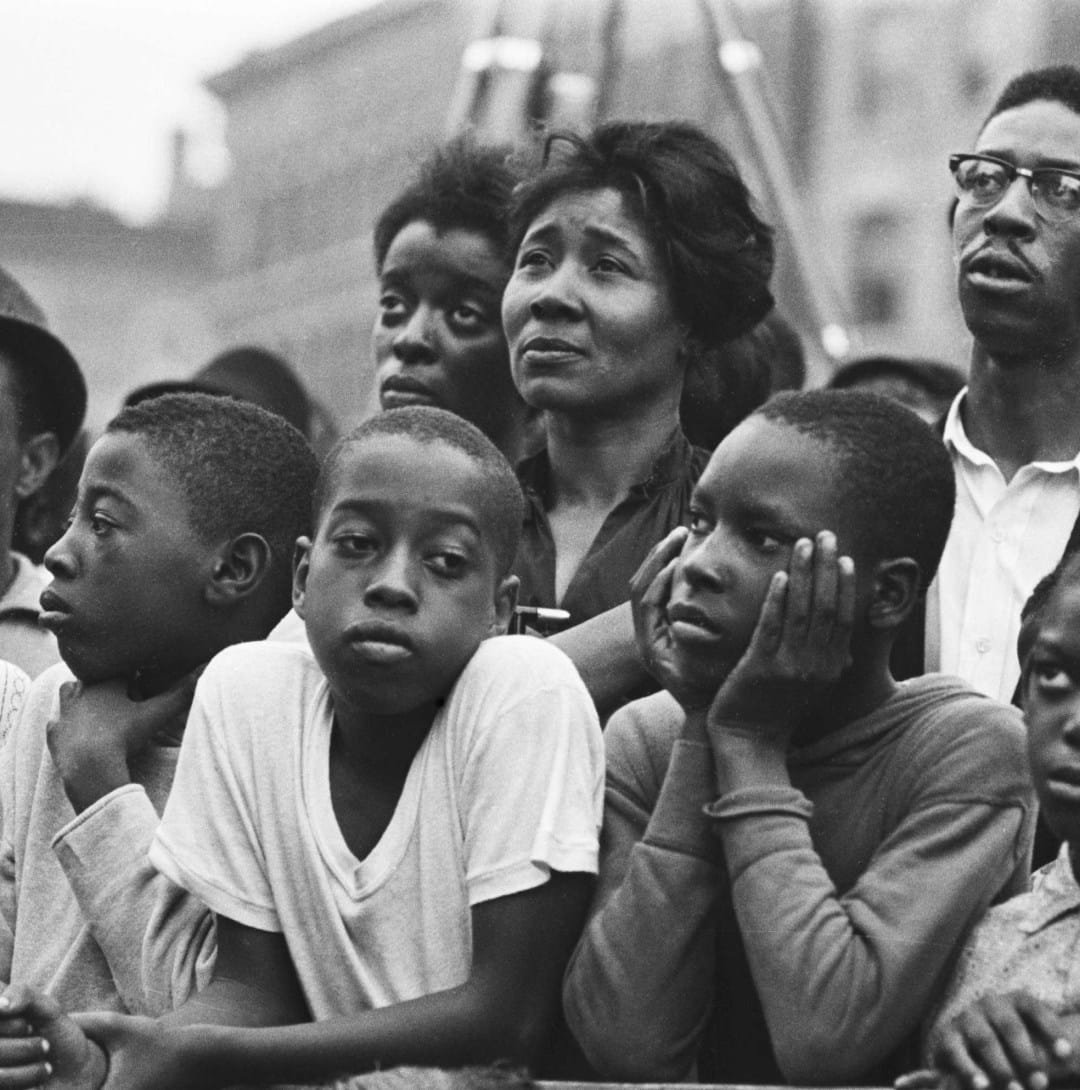Language is not static; it is a living, breathing record of our history, our struggles, and our evolving sense of self. Few words exemplify this transformation more powerfully than “Negro.” Once a term of formal, academic respect, it is now largely considered outdated and offensive. The journey of this word from common parlance to cultural taboo is not a simple story of changing tastes, but a profound narrative of oppression, empowerment, and the fundamental human right to self-definition.
To understand why “Negro” is rejected, one must first understand the era it represents.
The Imposed Label: A Term of the Segregation Era
For much of American history, “Negro” was the standard term used to describe people of African descent. It was employed in official documents, academic circles, and by civil rights leaders themselves. Martin Luther King Jr. used the word in his iconic “I Have a Dream” speech. The National Association for the Advancement of Colored People (NAACP) and the United Negro College Fund (UNCF) embedded it in their very titles.
However, this formal usage existed alongside a brutal reality. The word “Negro” was the official label of the Jim Crow era—a period defined by legally enforced segregation, political disenfranchisement, and racial violence. It was the term stamped on “Whites Only” signs, used in laws that denied basic rights, and spoken by a society that upheld a strict racial hierarchy.
Crucially, it was a name given to, not chosen by, the community it described. This lack of agency is the first cornerstone of its modern rejection. The word became inextricably linked with a time when Black Americans were defined by others as second-class citizens.
The Shift: From “Negro” to “Black” as an Act of Empowerment
The social upheaval of the 1950s and 1960s brought a seismic shift in consciousness. The Civil Rights Movement and the subsequent Black Power movement were not just fighting for legal equality but also for psychological and cultural liberation.
A central tenet of this liberation was the power to define oneself. The rejection of “Negro” was a deliberate and symbolic act—a shedding of a skin associated with subjugation. In its place, the community proudly embraced the word “Black.”
This was not merely a semantic change; it was a revolution. The slogan “Black is Beautiful” emerged as a direct counter to centuries of racist messaging that devalued African features, dark skin, and natural hair. To call oneself “Black” was to reclaim pride, to assert strength, and to reject the notion that one’s identity should be framed by the oppressor’s language. “Black” was no longer just a color; it was a political and cultural identity, resonant with power and self-love.
The Evolution Continues: The Rise of “African American”
The linguistic evolution continued in the late 1980s, with a push led by figures like Rev. Jesse Jackson for the term “African American.” This term was seen as a way to anchor the identity in a historical and cultural heritage, much like “Italian American” or “Irish American.” It provided a sense of lineage and dignity, connecting a people to a specific continent and a rich history that predated slavery.
Today, both “Black” and “African American” are used widely and interchangeably, with the understanding that they are terms chosen and embraced by the community itself. This agency is the critical difference.
The Modern-Day Sting
So, why does “Negro” sting when used today?
· It’s a Historical Relic: Using it outside of a direct historical context ignores the immense social progress and struggle that occurred to move beyond it.
· It Denies Agency: It reverts to a time when the community had no say in its own identity.
· It Evokes a Painful Past: For many, the word is an auditory trigger for the legacy of Jim Crow, evoking images of segregation and violence.
The notable exception is in historical names, like the UNCF, or in direct quotations. These are preserved as artifacts of their time, not as endorsements of the term’s modern usage.
More Than a Word
The journey from “Negro” to “Black” and “African American” is a map of the African American experience—a path from imposed definition to self-determined identity. The rejection of “Negro” is not about political correctness, but about respect. It is an acknowledgment that words are not empty vessels; they carry the weight of history. And in choosing their own name, a people declare their freedom, their pride, and their rightful place in the narrative of America.












